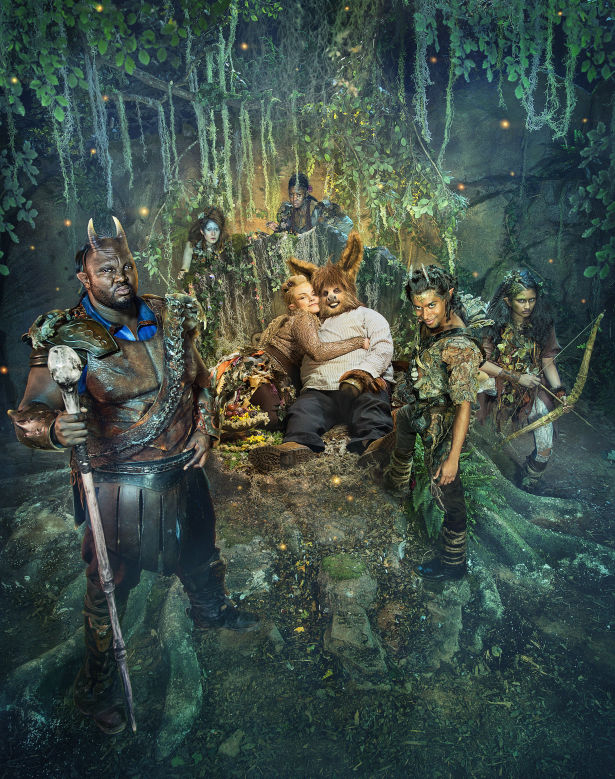
The Year of Shakespeare ... and of Politics
William Shakespeare died on April 23, 1616. The 400th anniversary of the Bard’s death saw many celebrations of Shakespeare’s life and works. Part of the BBC’s pomp, triumph and revelling in 2016 was an updated version of A Midsummer Night’s Dream. But mot updated in the way ShakespeaRe-Told was. This version is still, mostly Shakespeare’s text, but it’s been given a jolt by a past master at reviving franchises.
Russell T. Davies made a name for himself with the popular 1999 TV series Queer as Folk depicting the lives of young gay men in Manchester. Davies went on to revive and revamp the BBC science fiction TV series Doctor Who. The original show had been cancelled back in 1989 and was regarded as a cult classic. Davies’s revived Doctor Who became a global powerhouse – reviving the concept of Saturday night family TV on the BBC.
Davies was just the right person to cast his spell yet again. This particular spell also touched a disturbing chord in the politics of 2016 and the years that followed.
But in order to talk about this production and its departure from the traditional text, I'll need to borrow a catchphrase from Doctor Who -- "Spoilers!"
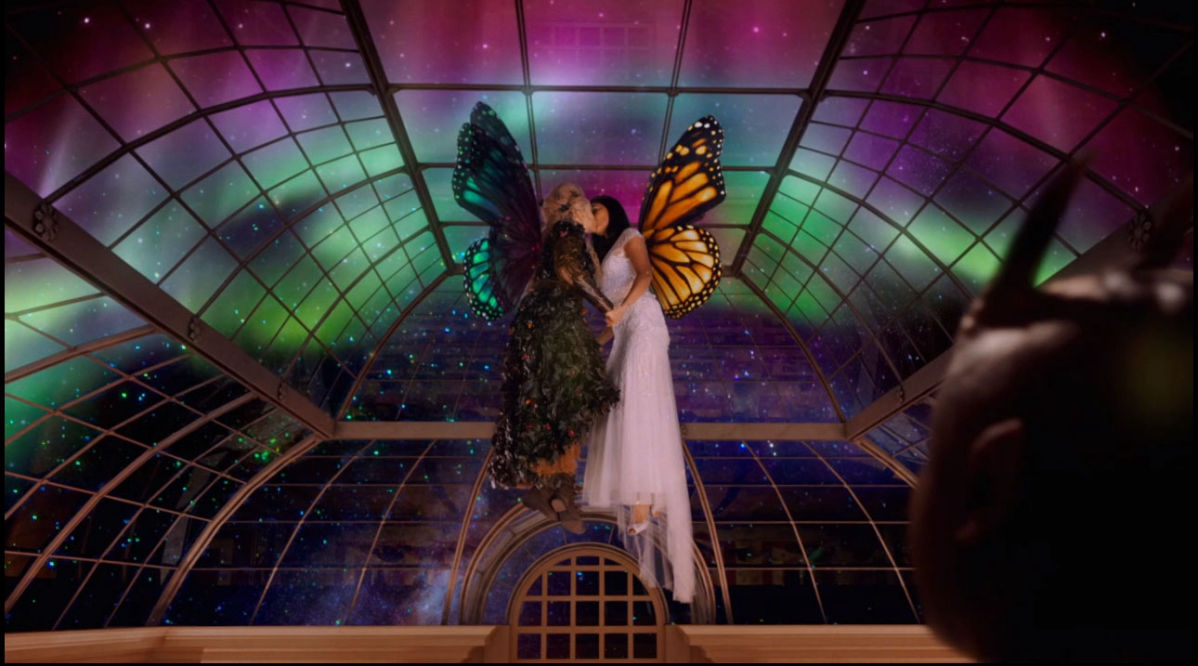
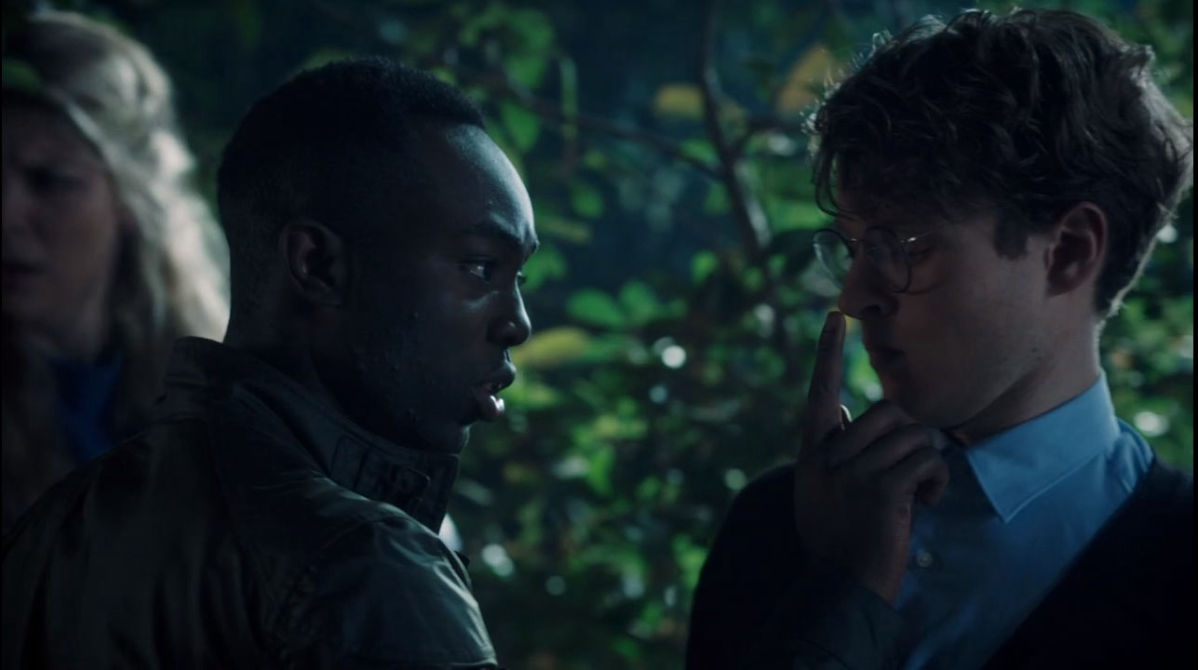
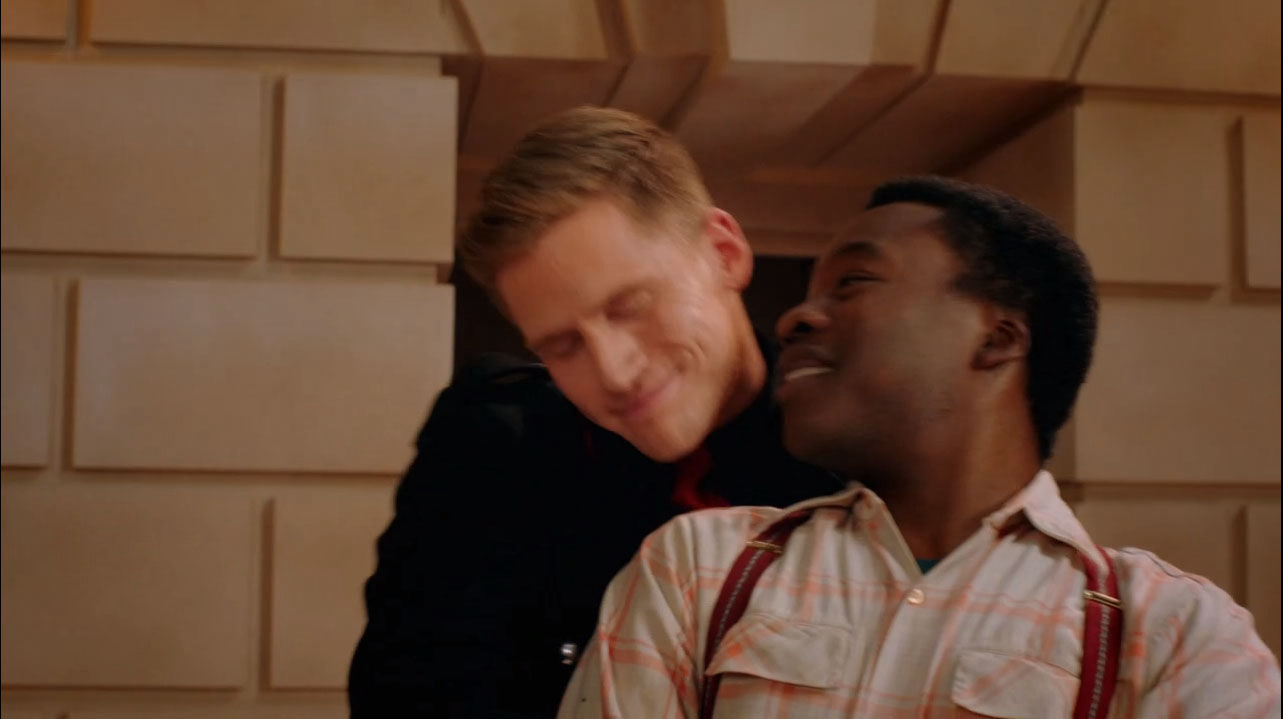
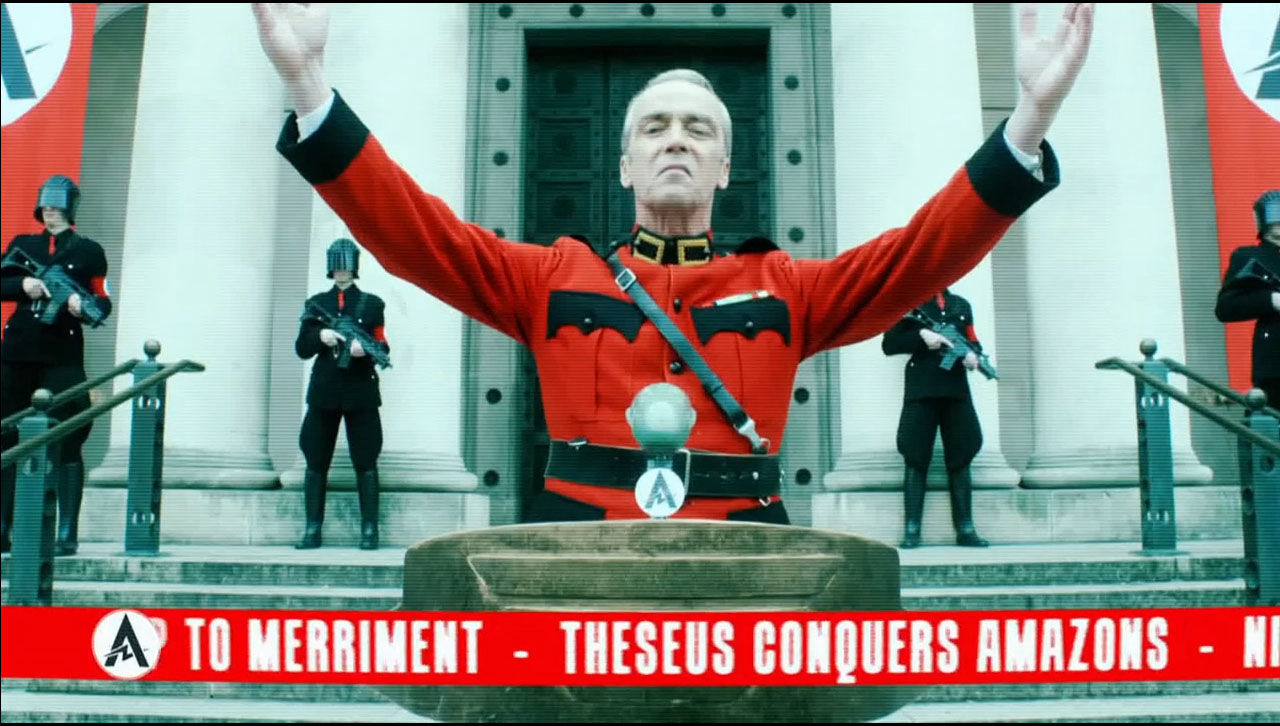
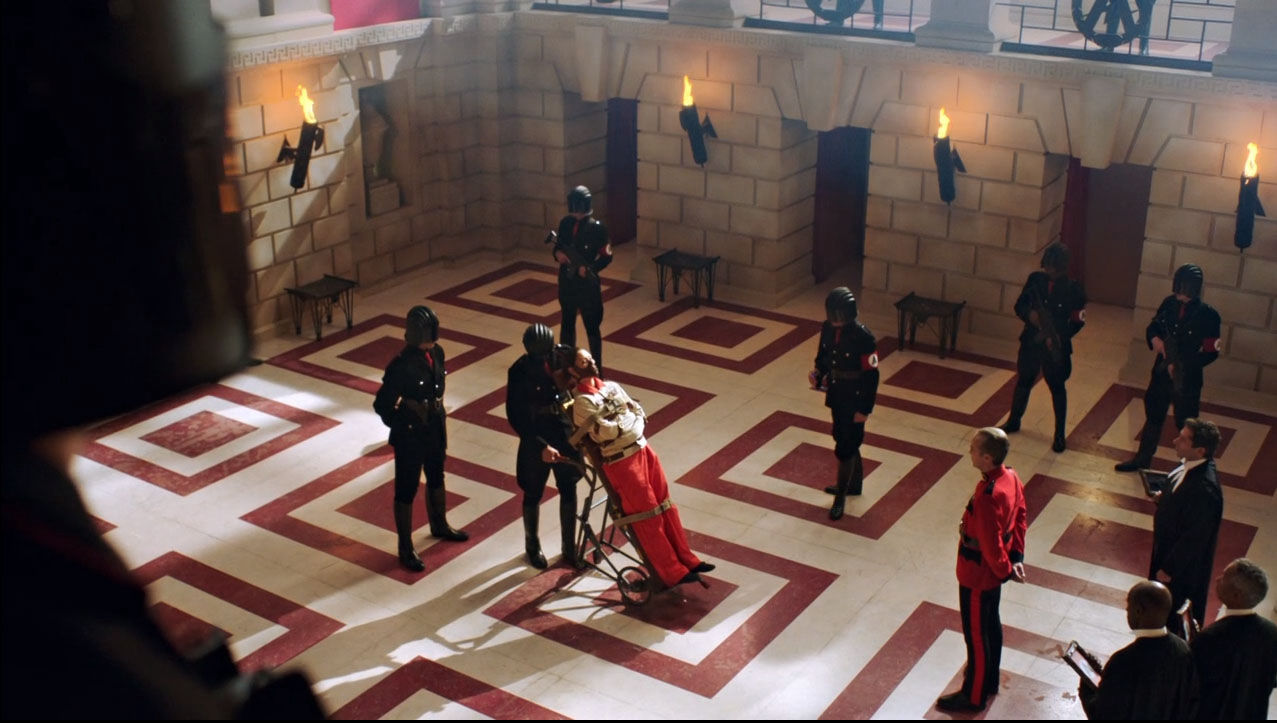
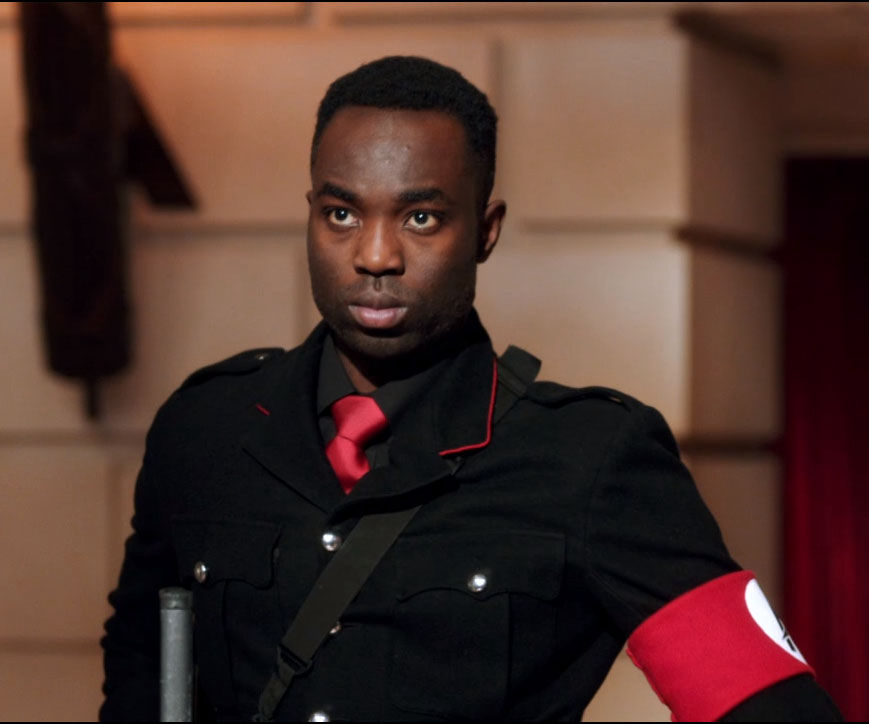
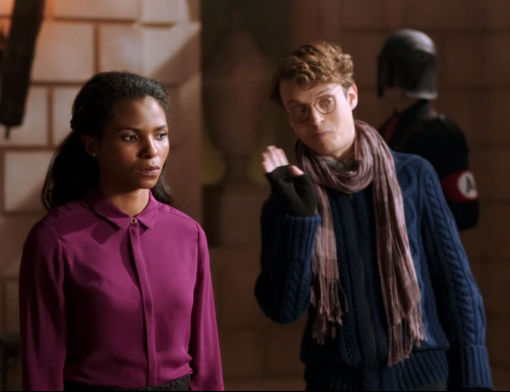
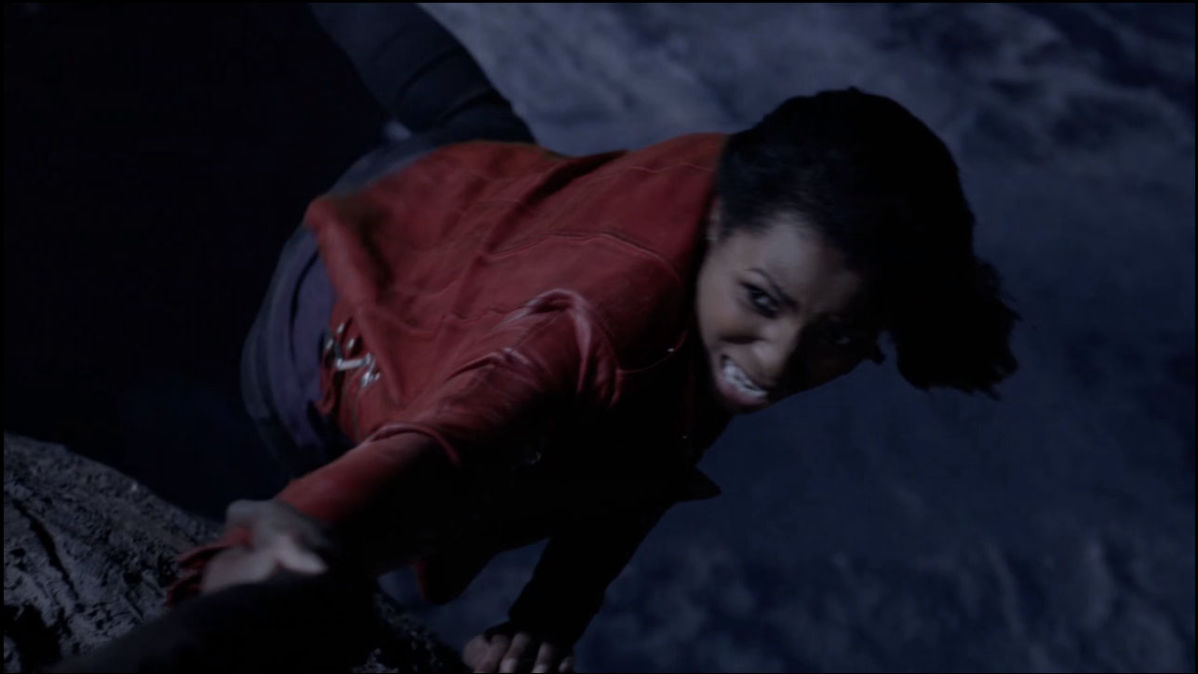 ">
">
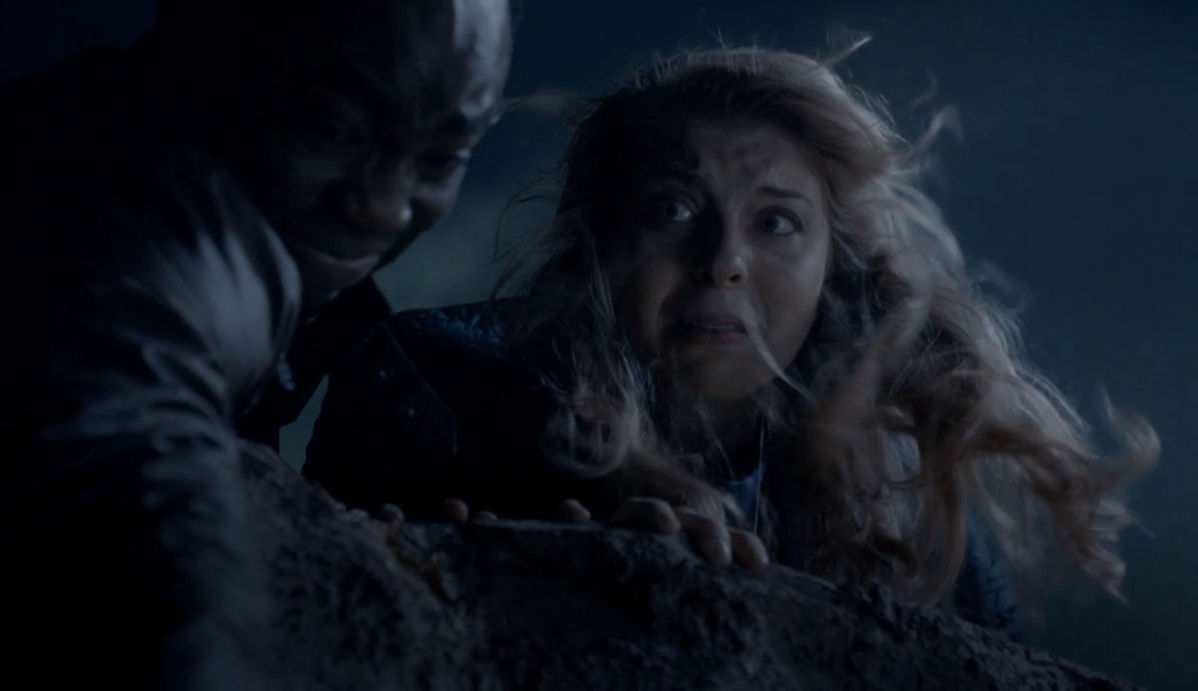
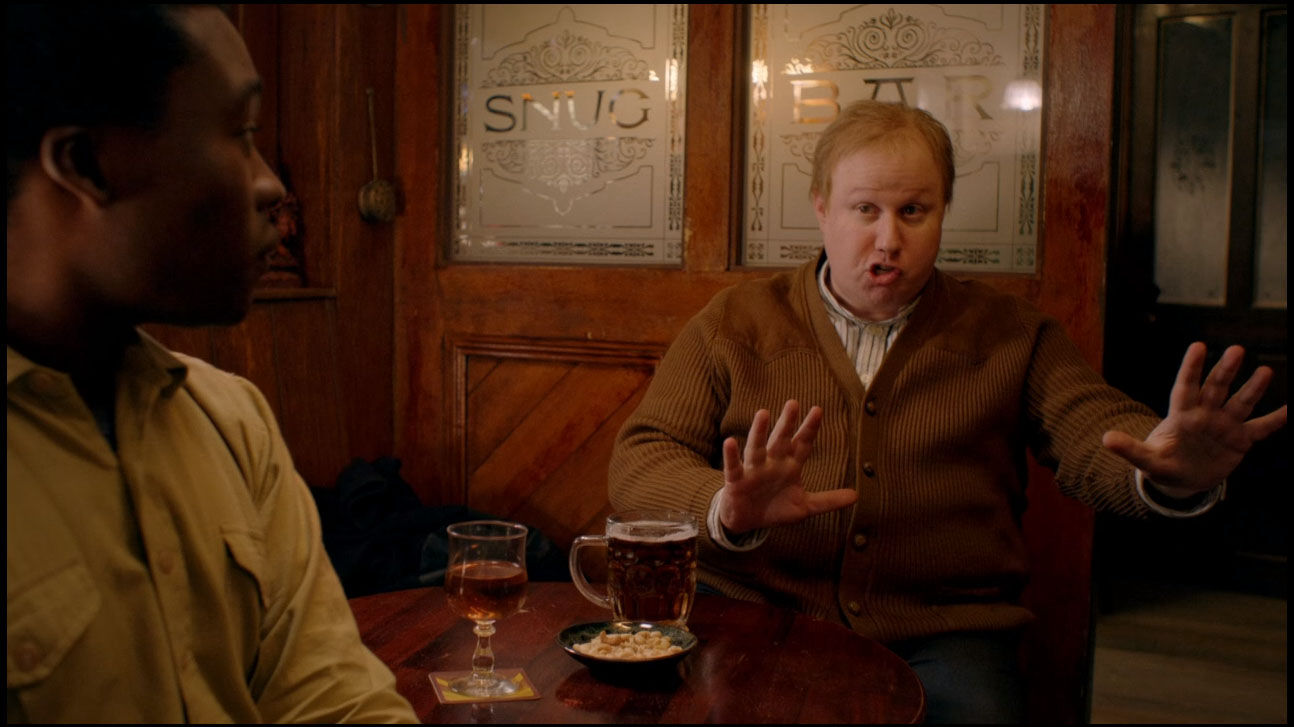
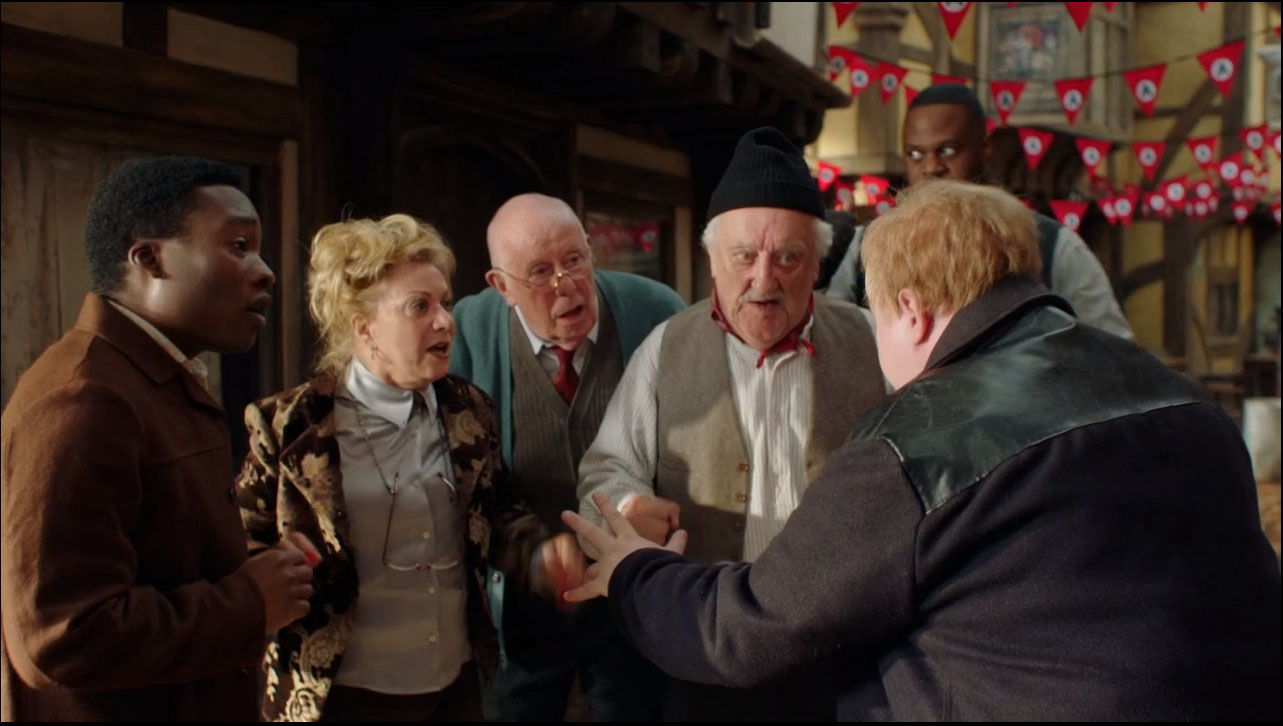
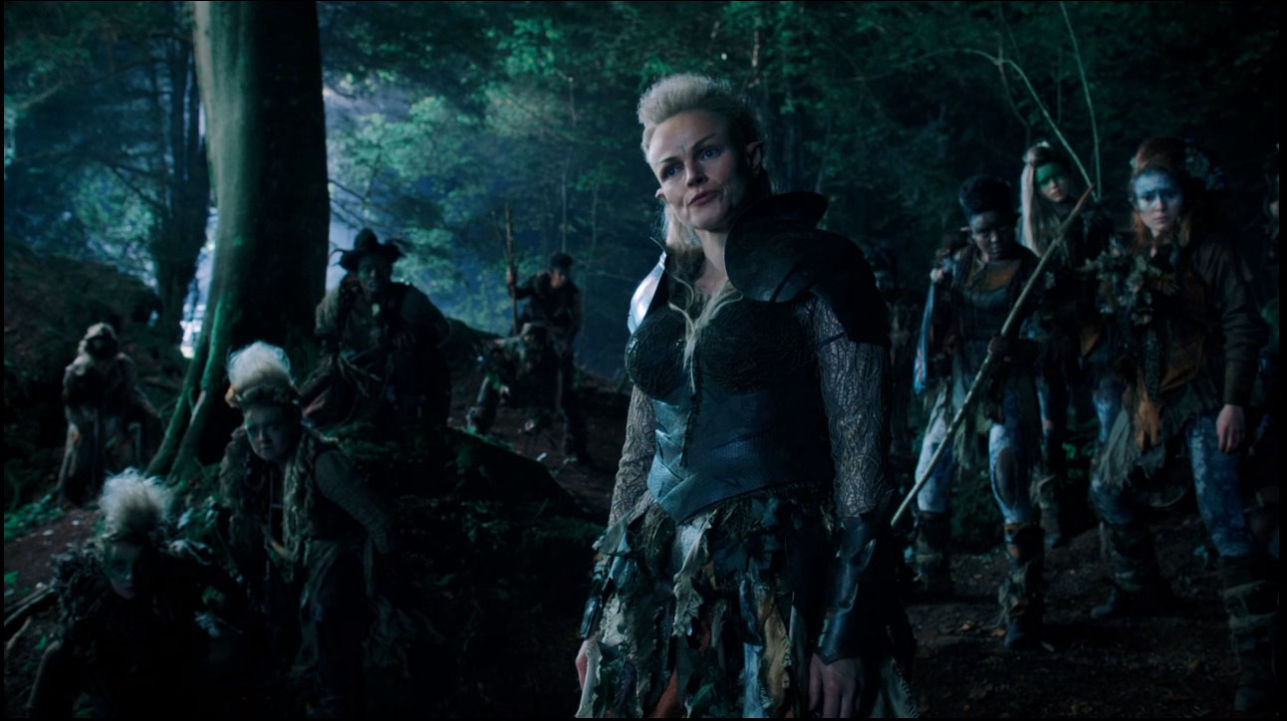
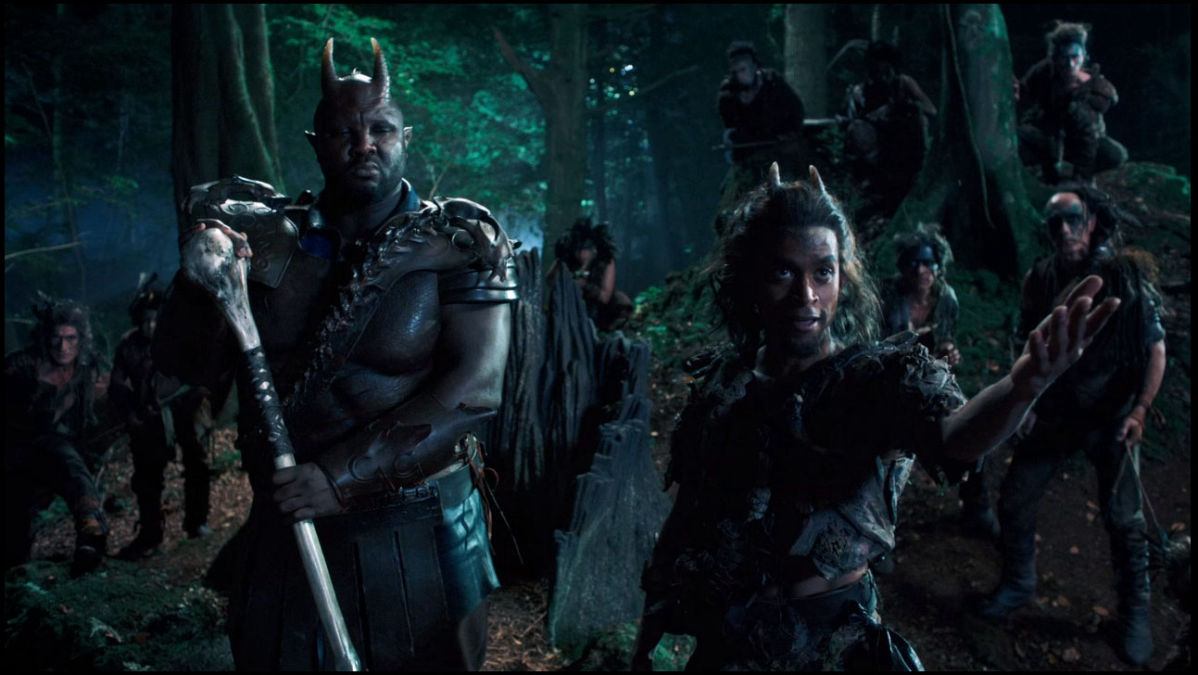
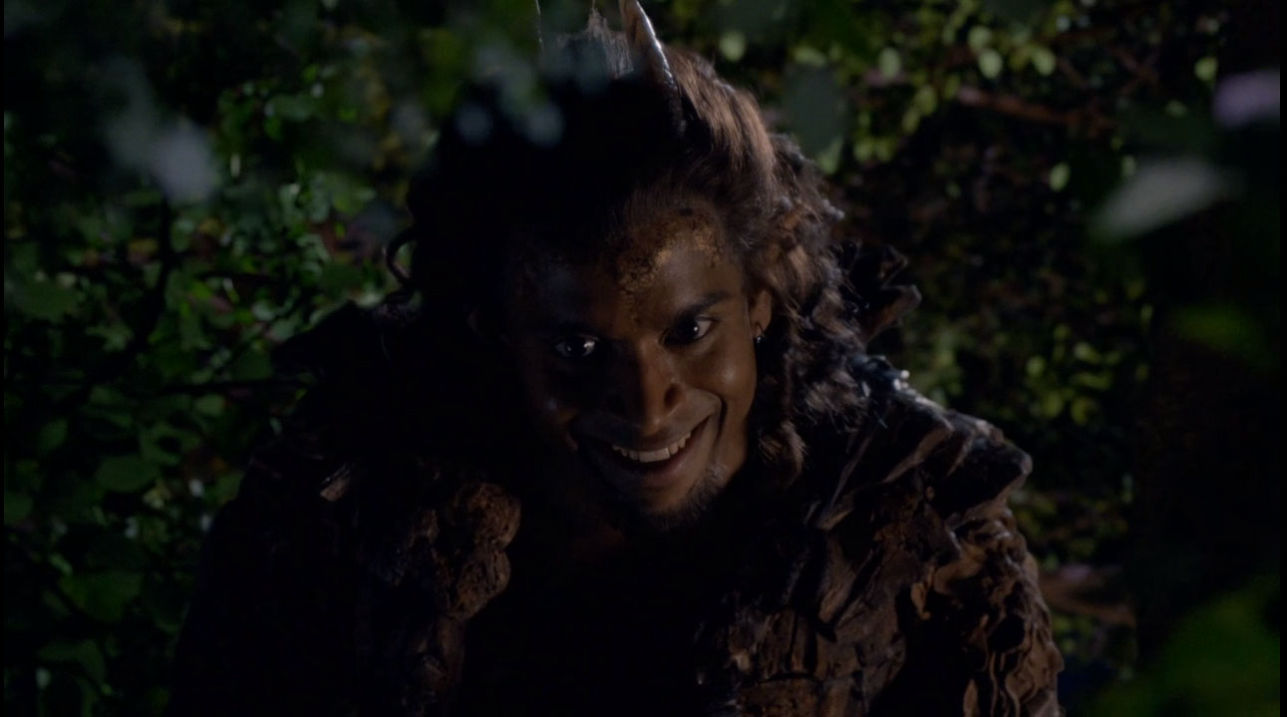
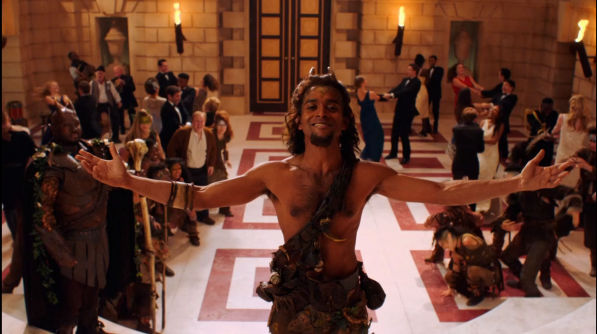
Contact Us